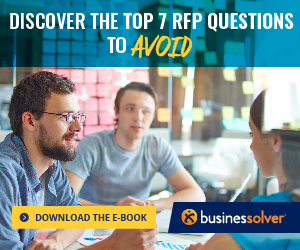Bloomberg holiday study shows which companies are naughty and which have been nice

A study by Bloomberg Law has spotted new trends on how employers are about to treat this holiday season.
A press release entitled "U.S. Employers to Offer Much Merriment Over the Holidays" breaks down some of the ways that U.S. companies are going to celebrate end of year holidays with parties, vacation days, bonuses and more.
For example, the study finds that three of four businesses will be putting on some sort of holiday bash, with smaller businesses generally more likely to put on a holiday party for workers. Another part of the survey related to these affairs shows that around three quarters of responding businesses will have alcohol at their parties, and also, that about 86 percent of these firms will "employ one or more safeguards to prevent excessive consumption." Drink monitoring, cab or rideshare services and other practical efforts against drunk driving are among ways companies stem dangerous behaviors.
Insights into these corporate behaviors can help us understand the social and employment decisions that firms make.
"It's something we've done over the last few years," Molly Huie, manager of Suirveys and Reports at Bloomberg told HRDailyWire on Dec. 5.
Huie said holiday party activities are "economically indicated," describing how, for example, party rates went down after the 2008 financial crisis and then slowly increased as the economy got better.
Huie also talked about a study finding on bonuses, where 39 percent of workers at responding businesses will get gifts or bonuses for the end of the year.
"It's kind of hovering in the high 30s and mid-40s," Huie said. "(Bonuses) didn't take as much of a hit (in down times)."
It's important to note, she said, that the report tabulates specific holiday bonuses, which are different from regular performance bonus payments.
Huie also provided HRDailyWire with additional information on companies she called "Scrooges" that ask employees to work on at least one holiday without offering increased holiday pay or overtime. The data shows only 6 percent of businesses fell into this category in 2017, compared to 12 percent in 2016 and 13 percent in 2015.
"It looks like this year is potentially a little less Scroogy than previous years," Huie said.



 Alerts Sign-up
Alerts Sign-up